The South Australian government has announced that the 42-kilometre-long Gawler rail line is set to run with all-electric trains from next week as another new train enters service.
The train is the tenth of 12 new three-car electric trains that the state government has purchased at a cost of $175 million. The remaining two trains are expected to be added to the Adelaide Metro fleet by the end of 2023.
SA Transport Minister Tom Koutsantonis said the testing and commissioning of this latest three-car train set has now been completed, meaning the train can go into service in coming days, providing capacity to run full electric services on the Gawler line.
“We’re flicking the switch on a new era for the Gawler line, with sufficient capacity for passengers to enjoy electric trains on every service,” he said.
“The tenth new electric train will enter service next week, with a further two electric trains to be running on the Gawler line by the end of the year.”
Once the remaining two electric multiple unit (EMU) trains enter service, Adelaide Metro will have a fleet of 34 EMU trains to maintain fully electric services on the Gawler, Seaford and Flinders lines. The first of the EMU trains was introduced into service in April 2022.
The electrification of the Gawler line was first announced in 2008 as a joint-funded project between the then state and federal governments but was soon after shelved for almost a decade after funding was pulled by subsequent governments.
It was reinstated in 2018 but since then, the project has been dogged by delayed opening dates but the state government is now confident the electrification project is now on track.
“The addition of the tenth train to the Gawler line gives us the capacity to run a fully-electric service on the line,” it said. “On occasions, it may still be necessary to run on a diesel train on the line due to maintenance and fleet improvements across the network. However, each additional EMU builds greater capacity to continue all-electric services during these periods.”
The state government said the electrification project is a step towards transitioning to an efficient, zero-emissions public transport system to support its net zero emissions by 2050 target.
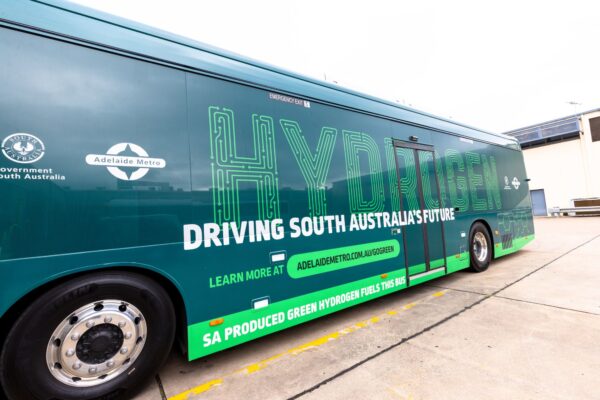
Image: Department of Infrastructure and Transport
In addition to the rail line electrification project, the state is also exploring the use of hydrogen to help decarbonise the transport industry.
Two hydrogen buses and hybrid-diesel railcars are set to be deployed on routes in Adelaide later this month.
The first of the hydrogen buses arrived in Adelaide earlier this month with operator Torrens Transit to begin internal testing in collaboration with Foton Mobility, BOC and H2H Energy on the two Foton hydrogen fuel cell buses before they are released for operation. The trial HFCBs will be powered by green hydrogen generated at AGIG’s Hydrogen Park South Australia.
The state government said the initial testing of a prototype hybrid-diesel railcar is also progressing well, with a second railcar fitted with the ‘energy storage and recovery system.’ This two-car train set is the first of 44 diesel railcars expected to be fitted with the hybrid system.
This new system works by storing kinetic energy generated when the train brakes to an onboard battery, converting it into electrical energy to power normal train operations, reportedly decreasing fuel consumption by approximately 16%.
This content is protected by copyright and may not be reused. If you want to cooperate with us and would like to reuse some of our content, please contact: editors@pv-magazine.com.
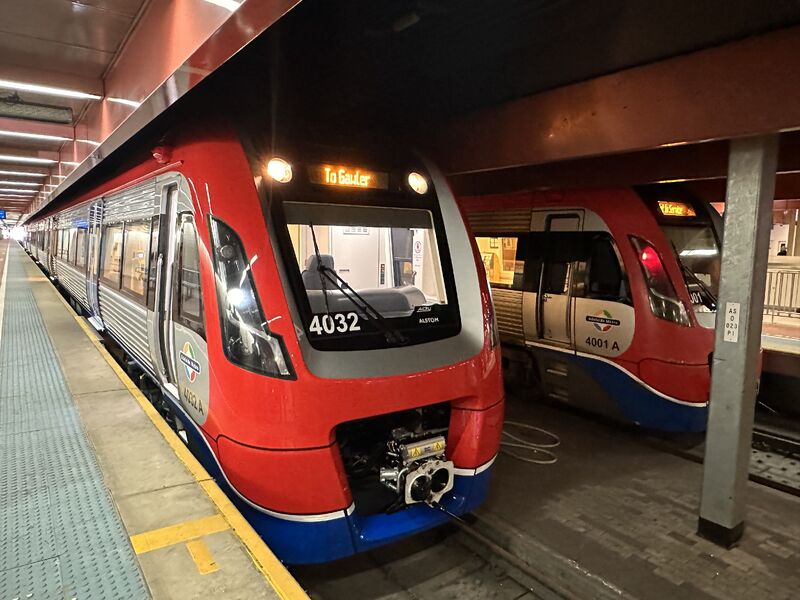


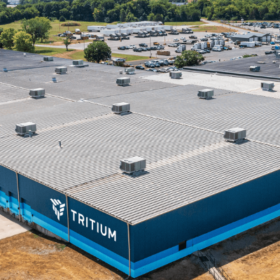
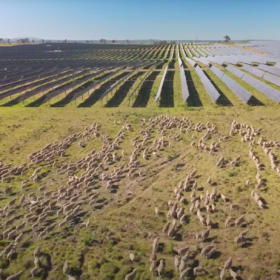
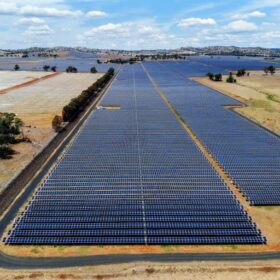
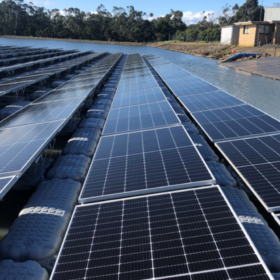
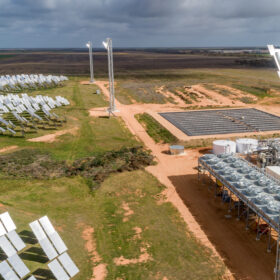
By submitting this form you agree to pv magazine using your data for the purposes of publishing your comment.
Your personal data will only be disclosed or otherwise transmitted to third parties for the purposes of spam filtering or if this is necessary for technical maintenance of the website. Any other transfer to third parties will not take place unless this is justified on the basis of applicable data protection regulations or if pv magazine is legally obliged to do so.
You may revoke this consent at any time with effect for the future, in which case your personal data will be deleted immediately. Otherwise, your data will be deleted if pv magazine has processed your request or the purpose of data storage is fulfilled.
Further information on data privacy can be found in our Data Protection Policy.